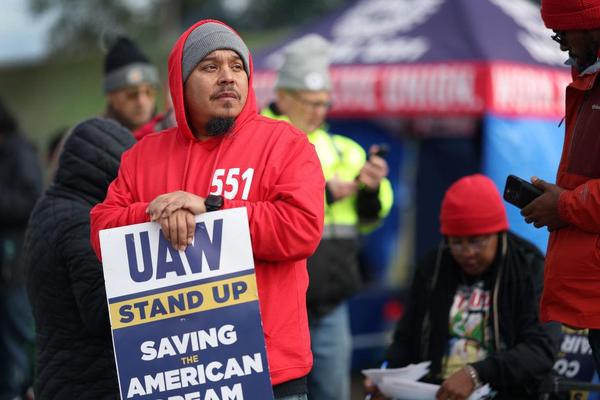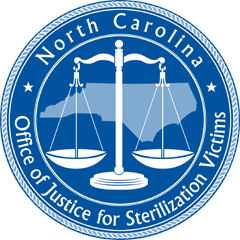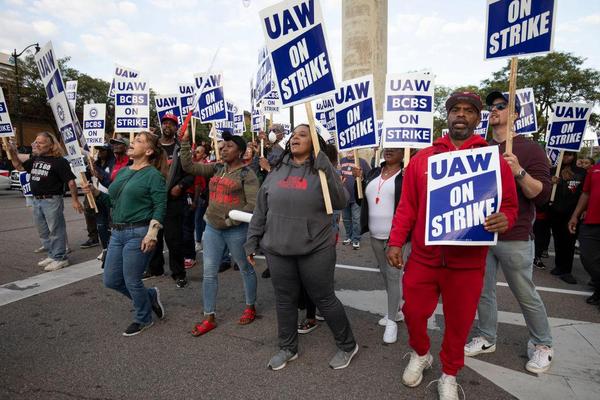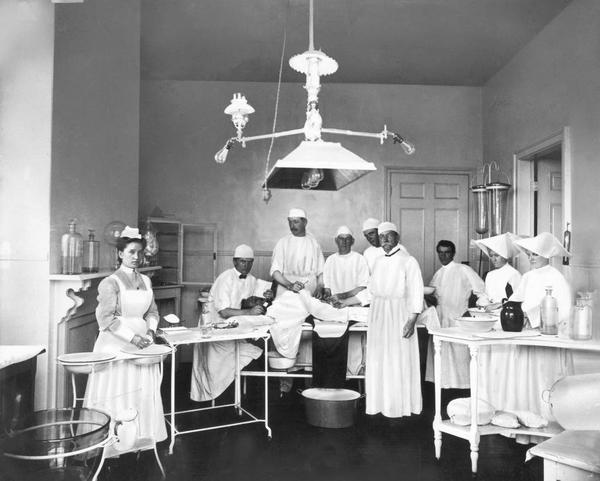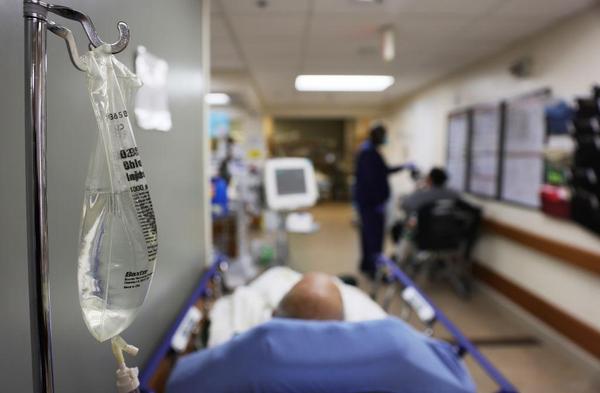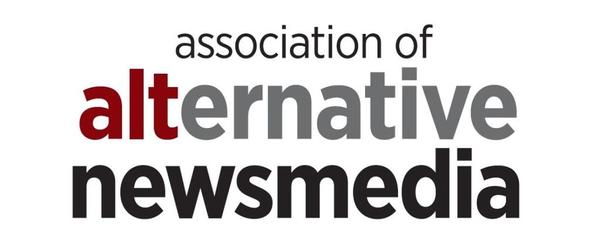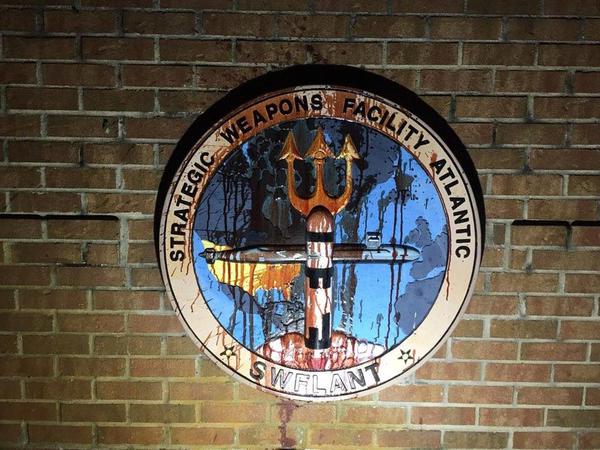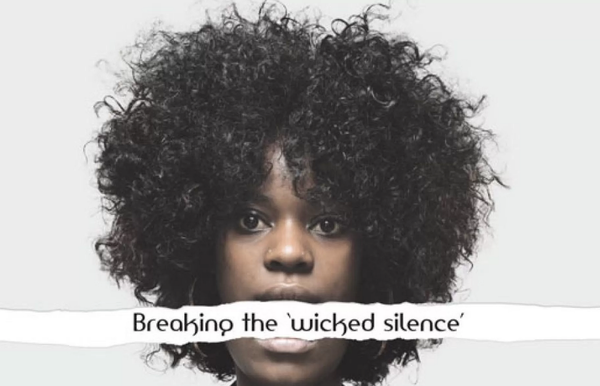

Jonathan Michels is a freelance journalist based in Atlanta, Georgia. Since 2011, he has reported on issues of national importance such as the struggle to remove white supremacist memorials and forced sterilization.
The Association of Alternative Newsmedia recognized his journalism in 2018 with an award in the longform category for his article about the uneasy formation of a syringe exchange in the U.S. South. Jonathan believes that for journalism to remain relevant, it must explore issues through the experiences of individuals and communities most affected.
Drawing on his experience as a frontline healthcare worker of more than 15 years, Jonathan frequently writes about the inequities of the American medical system and the need for a universal, single-payer health system.
He is a proud member of the National Writers Union's Freelance Solidarity Project, a union devoted to improving the lives of freelance digital media workers by improving their working conditions.


